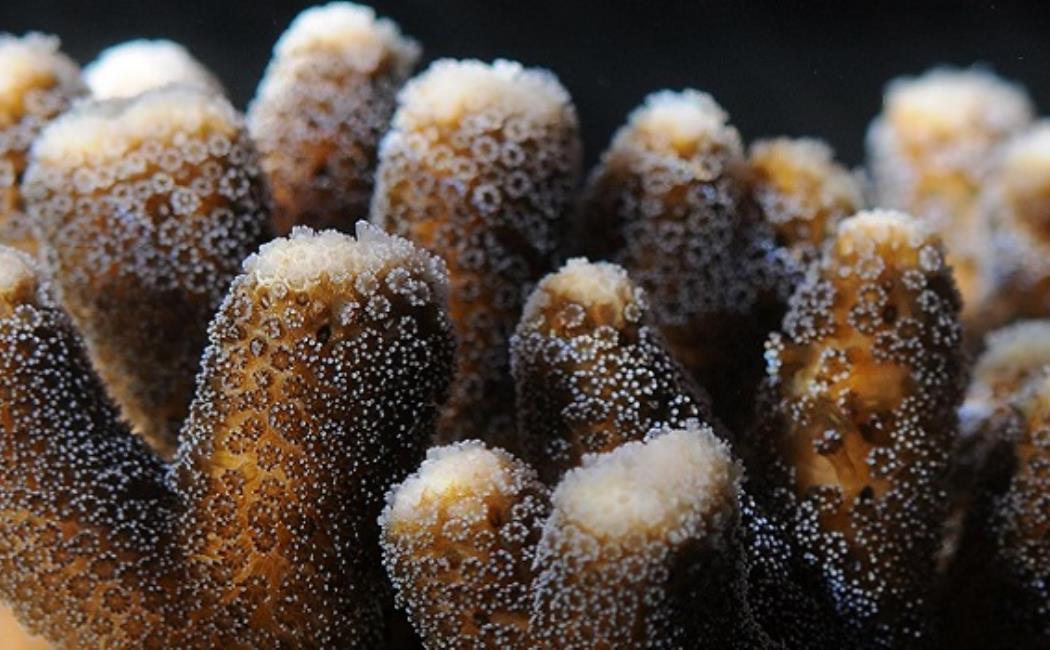
Coral tricks for adapting to ocean acidification
07 June, 2018
A process that changes the regulation of genes could help corals acclimatize to the impacts of global warming.
Cells commonly control gene expression by adding a methyl group to part of the DNA, changing how the information on the DNA is read without changing its genetic code. Researchers at KAUST wanted to investigate whether DNA methylation could play a role in helping corals adapt to climate change.
They placed colonies of the smooth cauliflower coral, Stylophora pistillata, in seawater aquariums with varying acidity levels for two years. Ocean acidification is a consequence of climate change and hinders the ability of corals to produce the calcium carbonate skeleton they need to maintain their structures. The researchers hypothesized that DNA methylation might allow corals to mitigate these effects by changing the way they grow.
Click here to read the full story
Image: Colonies of the smooth cauliflower coral, Stylophora pistillata, were placed in seawater aquariums with varying acidity levels for two years.© 2018 Eric Tambutté